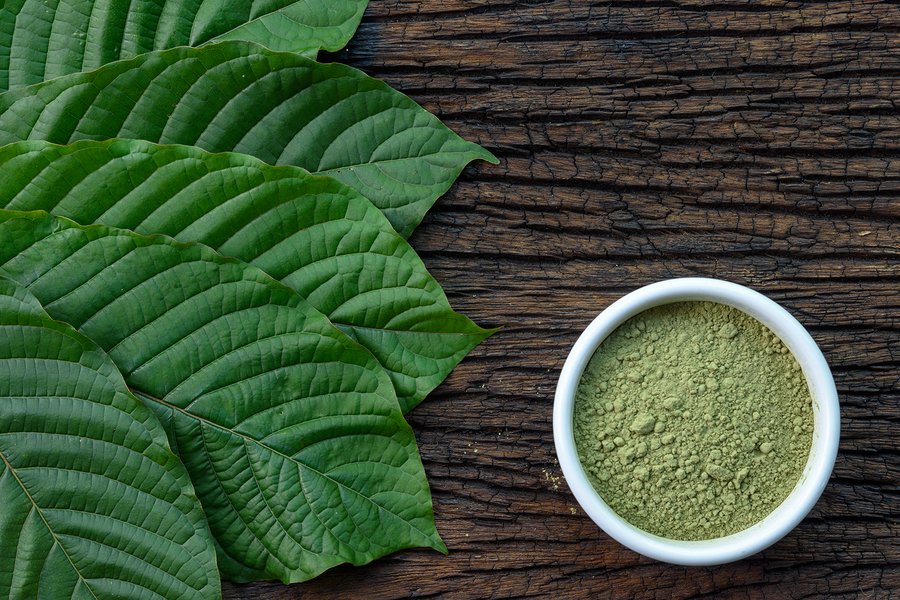Kratom Effects: Uses, Safety, and Legality

Summarize with AI
Indigenous to Southeast Asia, Kratom is a plant known for having psychotropic effects and opioid-like pain-relieving qualities. Natives have long used the plant to treat cough, pain, diarrhea and fatigue. In recent years, people in the United States have shown increasing interest in using Kratom as a substitute for opioid pain relievers. Here's what you should know about the benefits and risks of this potentially dangerous plant.
What Is Kratom?
Officially called Mitragyna speciosa, Kratom is a tropical tree that contains mind-altering psychotropic compounds. Sometimes sold as a powder in packets, the plant can also be purchased as an extract or gum. Most people consume Kratom as a capsule, pill or extract. Rarely, people will chew Kratom leaves or brew dry or powdered leaves as a tea. In certain instances, people even smoke or eat Kratom in food.
Also known as biak, ketum, kakuam, ithang and thom, Kratom can affect the brain and body in similar ways as stimulants and opioids. The plant's leaves include two compounds, 7-a-hydroxymitragynine and mitragynine, which interact with the brain's opioid receptors. This can cause pleasure, sedation and diminished pain, especially when users consume large quantities. Mitragynine can also produce stimulant-like effects by interacting with other receptors within the brain.
Kratom usually takes effect after about five to 10 minutes, and it can continue to impact the brain and body for two to five hours. The effects of Kratom intensify as the quantity increases. In animals, the plant appears to be more potent than morphine. While it's not known exactly what amount of Kratom is toxic in humans, it is possible to overdose.
Is it Safe?
Unfortunately, medical professionals still don't know a lot about Kratom. That said, they do know it can cause serious drug-interactions in the dental chair. The interactions can be serious enough to impact multiple organ systems. Kratom could also cause or exacerbate common problematic dental issues such as clenching, grinding and dry mouth.
For these reasons, Kratom is not considered safe and shouldn't be used to treat or reduce pain associated with dental issues. If you have used Kratom recently, it's critical that you alert your dentist, so he or she can avoid potentially serious drug interactions.
What Do Experts Say?
According to the Mayo Clinic, studies suggest that side effects and potential safety issues are so concerning, they offset any potential benefits of the plant. Kratom has also been reported to cause troubling brain function when taken along with prescription drugs. When this occurs, users may experience confusion and severe headaches or temporarily lose their ability to communicate.
With all this in mind, experts warn against the use of Kratom, and many believe legislators will ultimately place the plant on the federal list of controlled substances.
.png)

